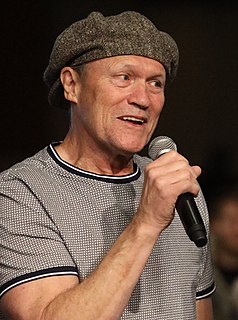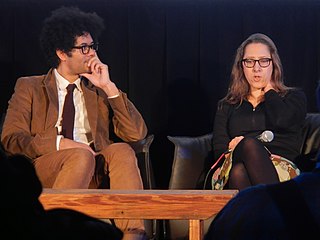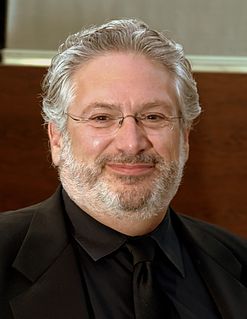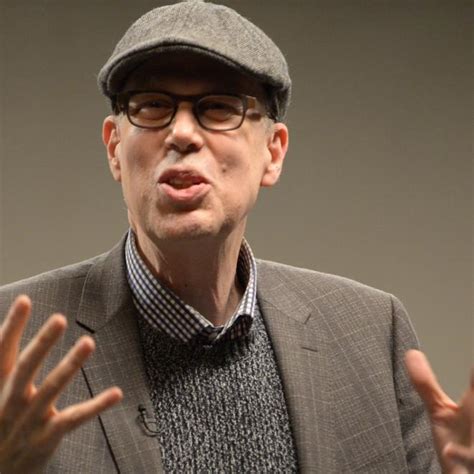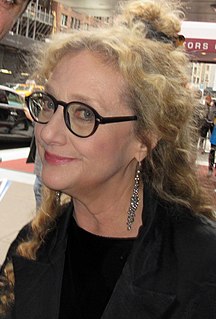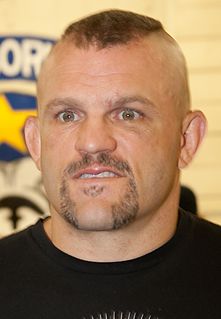A Quote by Sara Bareilles
One of the great things I learned from how cooperative theater is, you can't be too precious about your ideas.
Quote Topics
Related Quotes
My fourth mother, my godmother, she passed away a couple years ago - her name was Gwen. She was the theater director over at the gym where I grew up and learned about all those awesome things I told you about already. She was the one who taught me terms like "upstage" and "downstage," all those technical things about the art of what I do - how to breathe what I see, how to move. They were all her tactics, not anything learned or given to me through a theory, but rather by her natural abilities.
Theater roles are written by the great masters. The greatest literature that you can possibly know are the theater roles like King Lear, Hamlet, and all of those great roles. So all you do is you dive into these unchallenged roles and see how far you can get, what kind of accolades you can get, and how good you can be in them. In movie roles, you can actually improve them by knowing a lot about your own stage technique, which helps a great deal in the cinema and how you can project inner humor even though the particular dialogue is not necessarily funny, but you can infuse it with humor.
It's a great lesson about not being too precious about your writing. You have to try your hardest to be at the top of your game and improve every joke you can until the last possible second, and then you have to let it go. You can't be that kid standing at the top of the waterslide, overthinking it...You have to let people see what you wrote.
Theater is the foundation of how I live my life, actually. My father was a playwright, so I was around it all the time and loved to talk shop with him, just loved it. And basically everything that I hold to be good and true and worthy, I learned in the theater. So not even just about the work, but just about life. Discipline, problem solving, creativity, how to get along with people.
All directors are different. Certainly, the directors that I respond to the most are guys that figure it out by doing it, not by thinking or studying. Also, the kind of actor that I think I am - I learned about theater doing theater, not studying theater. I think that traditional school can be great, but also it can stifle original thought.



